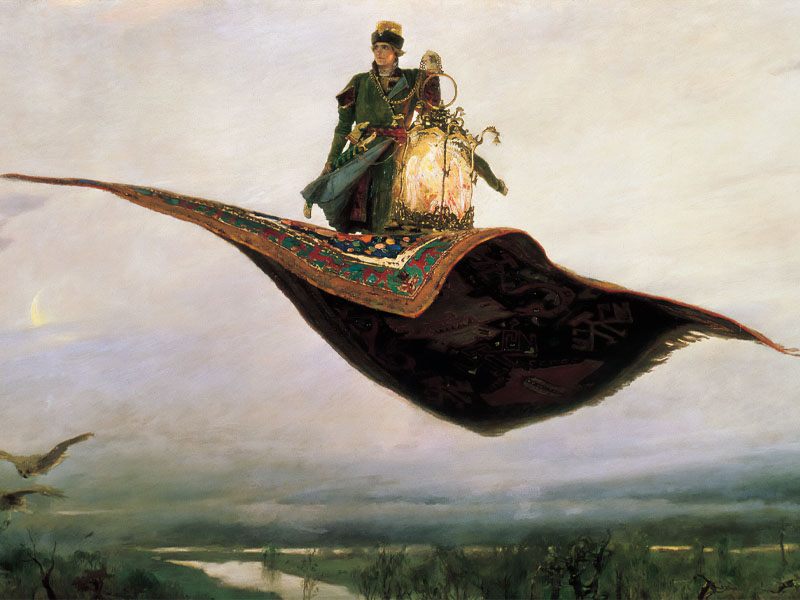Folk heritage and contemporary poetry
Issue 30

Abdul Wahhab Mirawi
Algeria
Folk heritage is associated with people’s cultural output in terms of customs, traditions, tales, proverbs, dancing and folk singing. Collective memory reflects the nation’s identity and intellect. People express their individual and group needs - be they cultural, political, economic or social - through songs, proverb and folktales, whether directly or symbolically.

Each form of cultural and literary expression has distinctive features and uses specific methods. However, both convey the people’s thinking, aspirations, desires and spiritual needs.
Folk literature’s rich artistic expression and folk artists’ techniques inspired contemporary writers and they used these things to enhance their poems. Folk heritage has enriched contemporary poetry in several ways, and influenced its language by adding unconventional metaphoric dimensions.
When writers draw on folktales, it is not because they are rejecting the contemporary expressive style, but because they need to create stylistic variations by drawing on authentic sources and the magical world of the legend.
In order to get closer to their audiences, Arab contemporary poets use folk dialect to express their thoughts; this also increases awareness and helps their work to spread through different social classes. The use of dialects in contemporary poetry creates variety.
Folk heritage, with all its themes, is considered the key to rural society’s arts, thoughts and ambitions. It also reflects the social structure of rural society. Therefore, it reflects people’s true nature, because it describes their psychology, needs, desires and surroundings.







































































